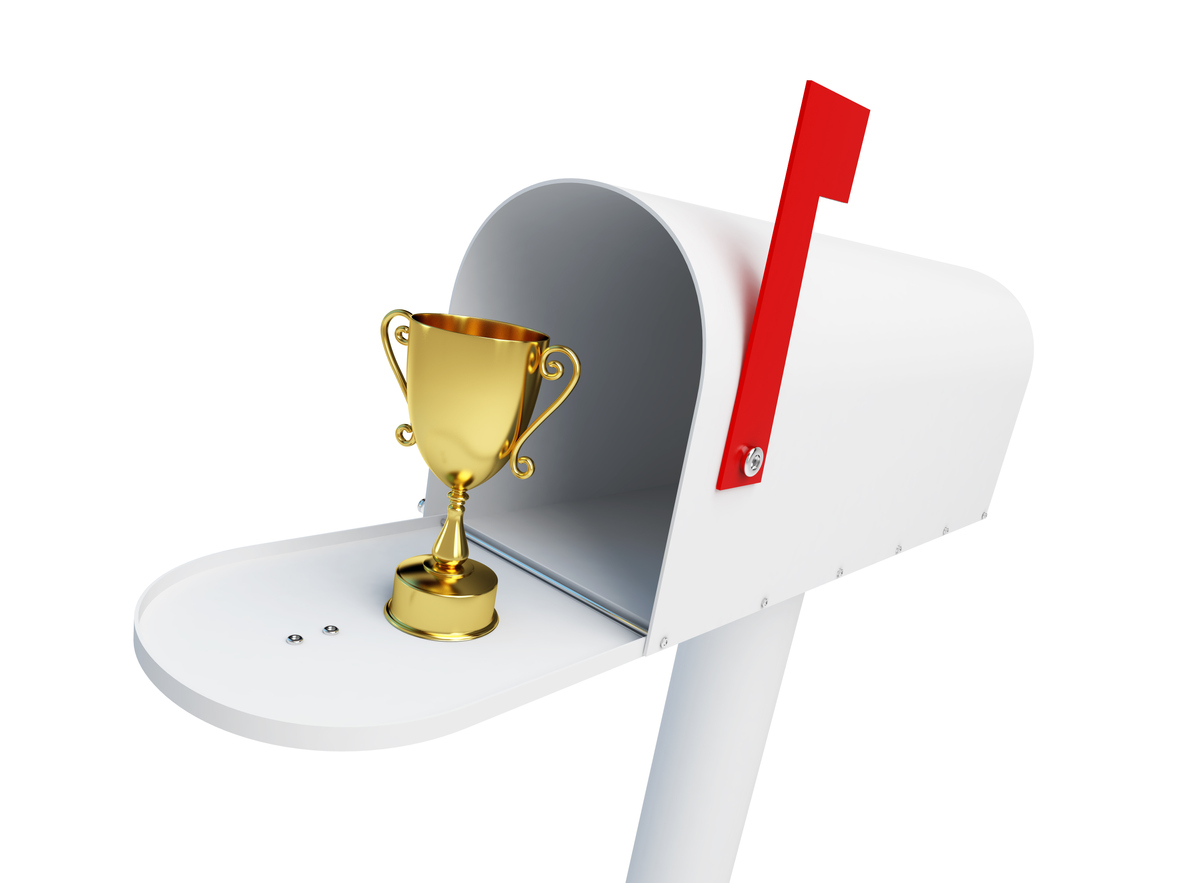Running Email Marketing Competitions: The CAP Code


International law firm Outlaw say that ‘marketing by email has become a key channel of communication for many businesses across the UK’. However, they say that ‘the level of government and industry regulation has greatly increased in recent years. This creates what many businesses now regard as an overly complex patchwork of rules and standards’. So where does that leave those running email marketing competitions?
The Power Of Competitions:
Competitions are a great way to engage with existing and potential customers whose details you have on your marketing database. They are also a fantastic way for brands to boost their online profile, drive traffic, and generate leads.
However, if email is going to be your vehicle of choice for your competition announcement then you can’t simply whip up some alluring creative, add some pretty pictures and hit ‘send all’.
If you’re thinking about launching a competition via email, then hold off from hitting send. At least until you’ve read this post and familiarised yourself with ‘the CAP code’.
What Is The CAP Code?
The CAP code is the rule book for (non broadcast) advertisements and direct marketing communication between marketers and their targets. It is enforced and overseen by the ASA, the Advertising Standards Authority.
What Are The Chances?
ASA is the UK’s independent regulator of advertising across all media. They ‘consider a competition to be a promotion in which prizes are allocated on the basis of skill and for which a charge may be made or the purchase of goods or services required’. The CAP code says that ‘promotions for which no skill or knowledge is necessary should not be described as a competition or otherwise imply that anything but chance is involved’.
T’s & C’s:
The ASA assert that all competitions should include specific terms and conditions. Even though research has shown that very few people read the full terms and conditions, they must not be omitted. According to rule 8.17 of the CAP code, significant conditions include:
- How to participate; are there any costs involved?
- The start date.
- The closing date.
- Any barriers to entry; is anyone not eligible? For example if someone works at or knows someone who works at the company running the competition?
- Marketers should also include details of any ‘other major factors reasonably likely to influence consumers’ decision or understanding about the promotion’.
And the winner is…
Unfortunately for eager marketers keen to move ahead with their competition, there are a few more rules that must be followed.
Rule 8.20 states that ‘promoters must not exaggerate consumers’ chances of winning prizes.’ They should also make sure that rules are not overly complicated.
Regarding the prize, marketers must ensure that they honour what prize is described upon competition announcement. If this is not possible for whatever reason then they must provide ‘reasonable equivalents’.
Also, in an effort to encourage entries, marketers must not overstate the chance of winning that any one participant has.
Marketers must ensure that entrants can easily access the following information at the time of launch and throughout the competition:
- Constraints on the number times a person can enter.
- Whether the promoter may award a cash prize as an alternative to the goods/services advertised.
- When winners will get their hands on their prizes (if this is to run beyond 30 days).
- How the winners will be contacted and when this will happen.

What If You Can’t Get Hold Of The Winner?
The ASA expect the business and/or brand running the competition to make ‘all reasonable efforts’ to contact the winner. What if the winner is difficult to contact? Marketers are not obliged to pass the prize onto the second place or runner up (although many do).
Post Prize Giving Publicity:
So, you’ve given away the prize and now you want to shout it from the rooftops? Hold fire. You can’t actually do this unless you’ve given the information to would be participants. Or at the very least made the details available on request before they decide to participate in your contest.
Is That It?
You’re nearly good to go. You can read the CAP code in its entirety here although be warned, it is almost 200 pages long.
Marketers need to ensure that they everything they do is legal when running email marketing competitions. Particularly once terms and conditions have been written for a competition. It is likely that they will only need slight revisions from contest to contest.
Every marketer should keep competitions in their arsenal. Especially with the growth of the social internet which effortlessly breaks down boundaries and potentially amplifies exposure of contest, competitions to an extremely vast audience. Be sure to read our blogs for similar articles.


